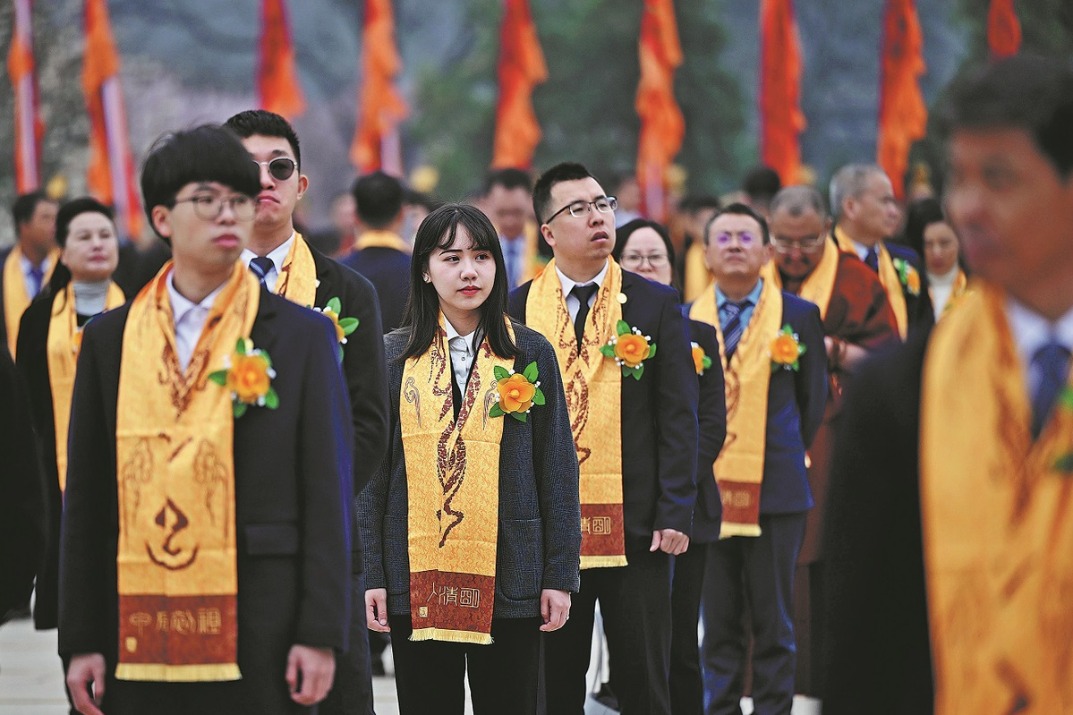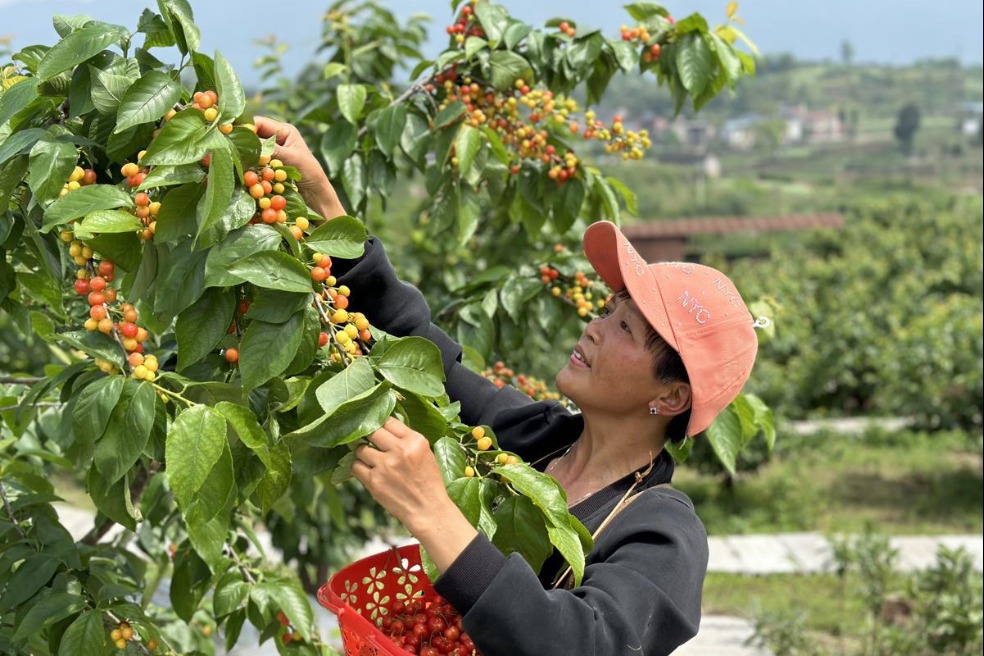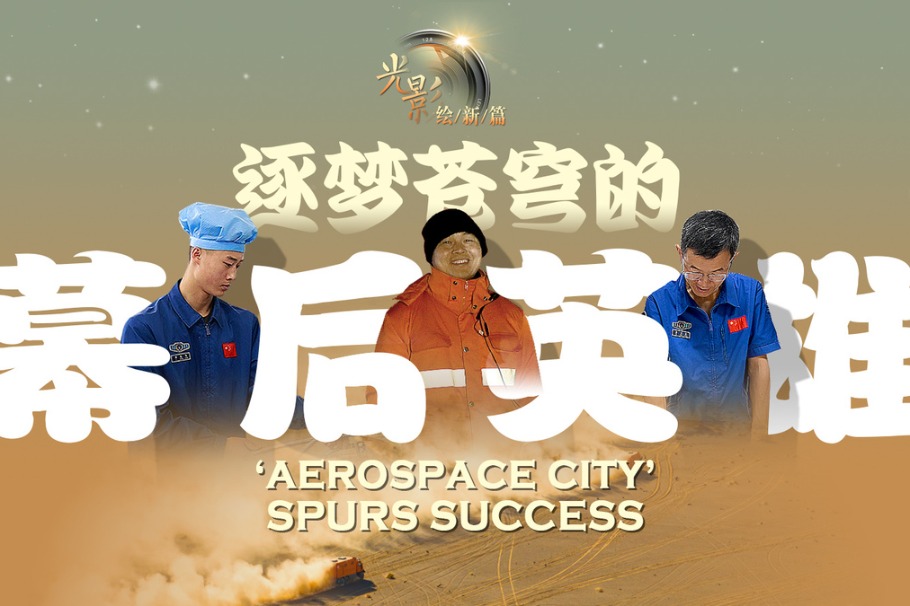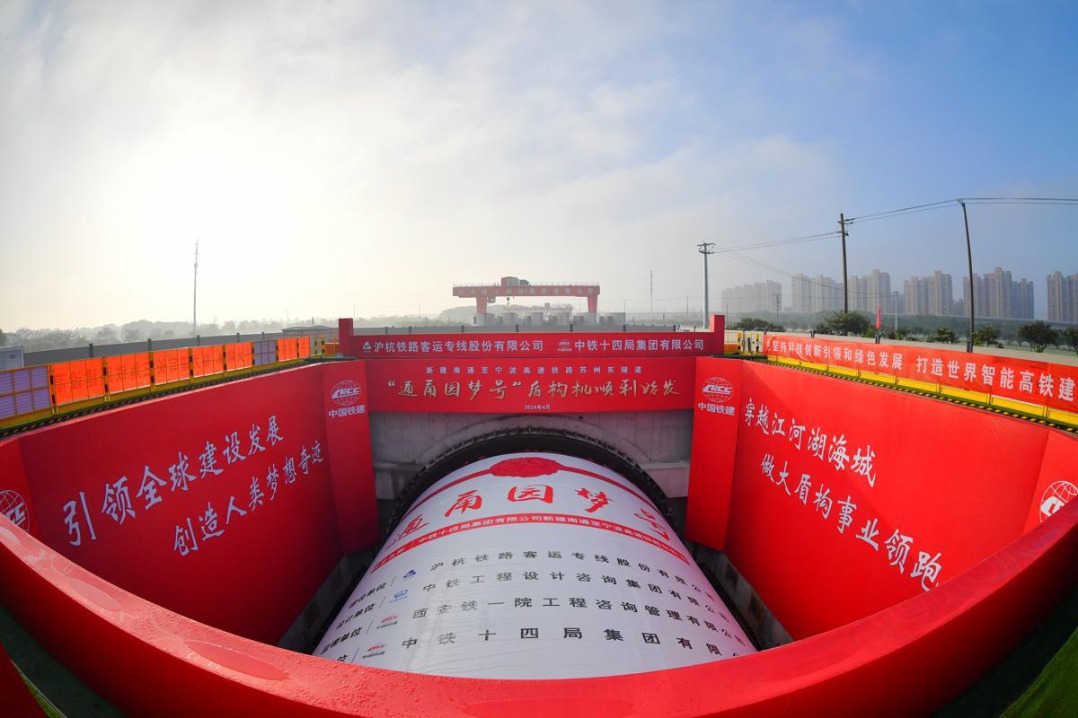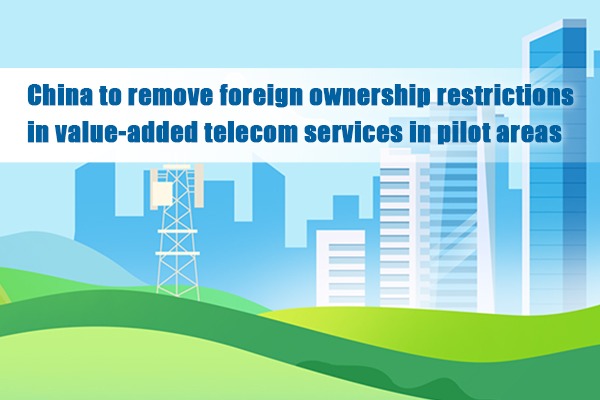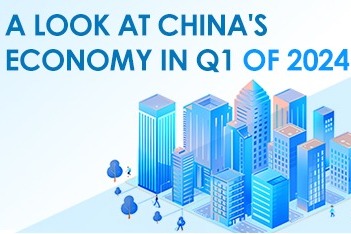Officials, experts across Asia reiterate support for one-China principle

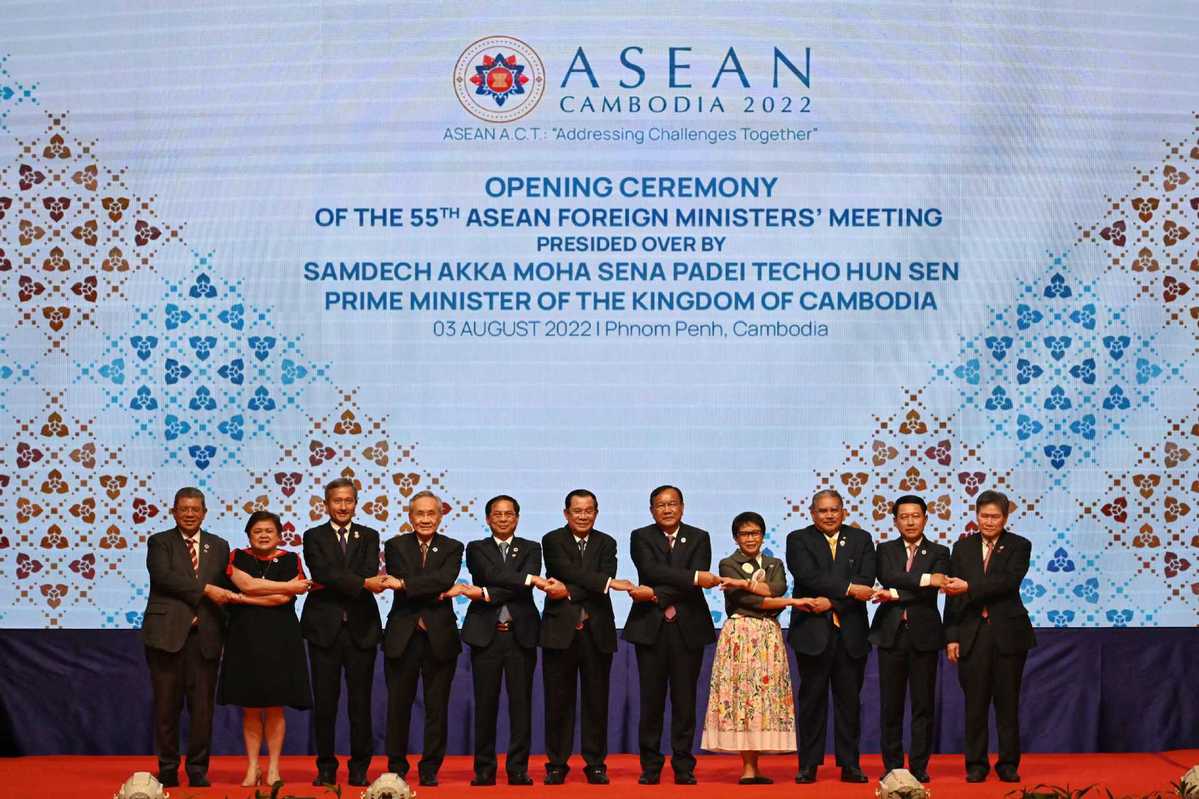
Officials and experts across Asia have voiced support for the one-China principle as tensions mount following the visit to Taiwan by United States House Speaker Nancy Pelosi.
Foreign ministers of the member states of the Association of Southeast Asian Nations who are currently gathering in Cambodia for a series of meetings reiterated their consensus on the one-China principle on Thursday.
In a statement, the ASEAN ministers said, "The world is in dire need of wisdom and responsibility of all leaders to uphold multilateralism and partnership, cooperation, peaceful coexistence and healthy competition for our shared goals of peace, stability, security and inclusive and sustainable development."
The statement came after Cambodia, which currently holds ASEAN's rotating chairmanship, said on Wednesday that it urges all parties involved in the rising tension in the Taiwan Straits to abide by the agreements reached by China and the US.
Cambodia consistently and firmly adheres to the one-China principle and considers issues related to Hong Kong, Taiwan, Tibet and Xinjiang internal affairs under the sovereign rights of China, the Southeast Asian country said.
"The visit (by Pelosi to Taiwan) was unnecessary," said Mey Kalyan, chairman of the Cambodia Development Resource Institute. "This is very unfortunate (and) very disappointing, because the tension should not happen at all."
Mey said the visit served to create tension instead of cooperation or harmony, adding that he believed it was clear to the people of the world that the tension was not started by China.
Beijing has strongly condemned and voiced its firm opposition to Pelosi's Taiwan trip, the highest-level visit by a US official in 25 years. The Foreign Ministry described it as a serious violation of the one-China principle and the provisions of the three China-US joint communiques.
Kim Jae-chun, dean and professor of international relations at Sogang University in South Korea, said China's response was understandable.
Noting that the Taiwan question is at the core of China's national interest, Kim said the Chinese leadership believes the US is moving toward removing strategic ambiguity in its policy toward Taiwan and possibly even abandonment of the one-China policy.
"(US President Joe) Biden's Taiwan gaffes, visits of high-profile (US personnel) to Taiwan and increasing arms sales to Taiwan ... suggest this trend," Kim said.
The Eastern Theater Command of the People's Liberation Army announced on Tuesday that it had begun a series of joint operations in the air and waters surrounding Taiwan.
Irfan Shahzad Takalvi, president of the Eurasian Century Institute, a think tank in Islamabad, Pakistan, wrote on social media that the real purpose of Pelosi's Asia tour was to visit Taiwan as the "entire Asia (trip) was actually staged for this misadventure".
This was "another clear indication the US is not interested in peace and stability in Asia, but in provocations and conflicts", said Takalvi.
Tanee Sangrat, a spokesman for Thailand's Foreign Ministry, said his country stands by the one-China principle and does not wish to see any actions that would aggravate tensions and undermine peace and stability in the region.
Laos' Foreign Ministry said the country opposes any intention aimed at creating "two Chinas", or "one China, one Taiwan".
A day after visiting Taiwan, Pelosi arrived in South Korea, which hosts 28,500 US troops, to meet with top political leaders. She had a phone conversation with South Korean President Yoon Suk-yeol, who was on summer vacation.
"The Yoon government is under pressure to manage amicable relations with China while strengthening (its) strategic partnership with the US," said Kim, the Sogang University professor. "Escalating tensions between the two countries over Taiwan will put the Yoon government in a more precarious situation."
Mey from the Cambodia Development Resource Institute said he hopes Asian countries can launch a peace initiative and take action to promote peaceful development in the region.
- China renews yellow alert for rainstorms
- Changsha's rise as a favorite for Hong Kong explorers
- Mainland says flight route adjustment benefits both sides of Taiwan Strait
- Taicang to establish Sino-German education park
- Drilling begins on 15.5 km high-speed railway tunnel
- Shenzhou XVI crew members given honors

















